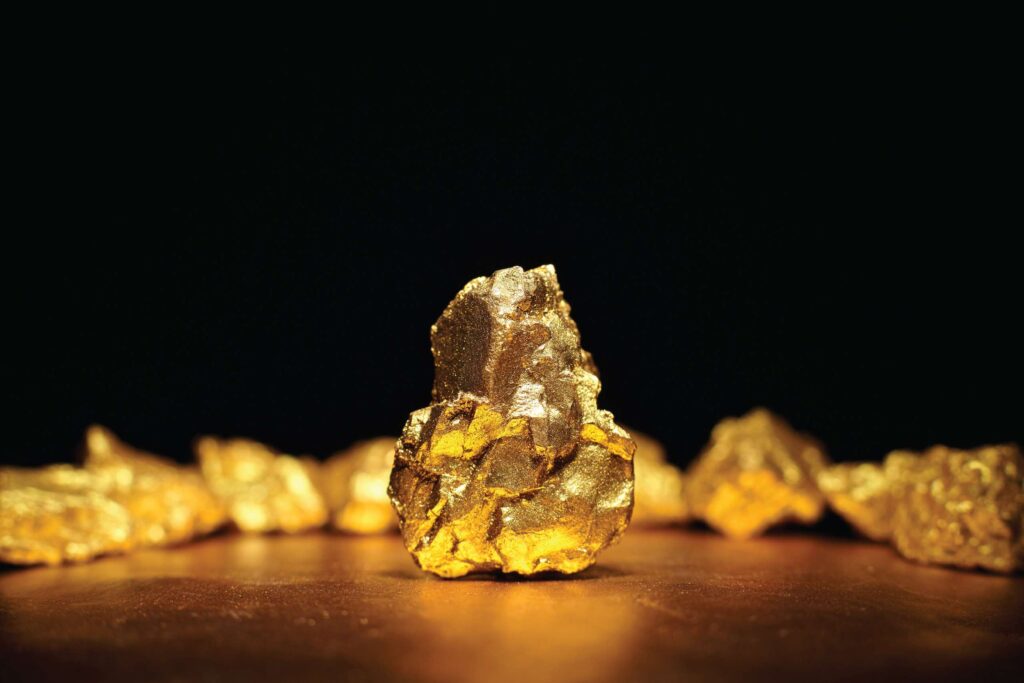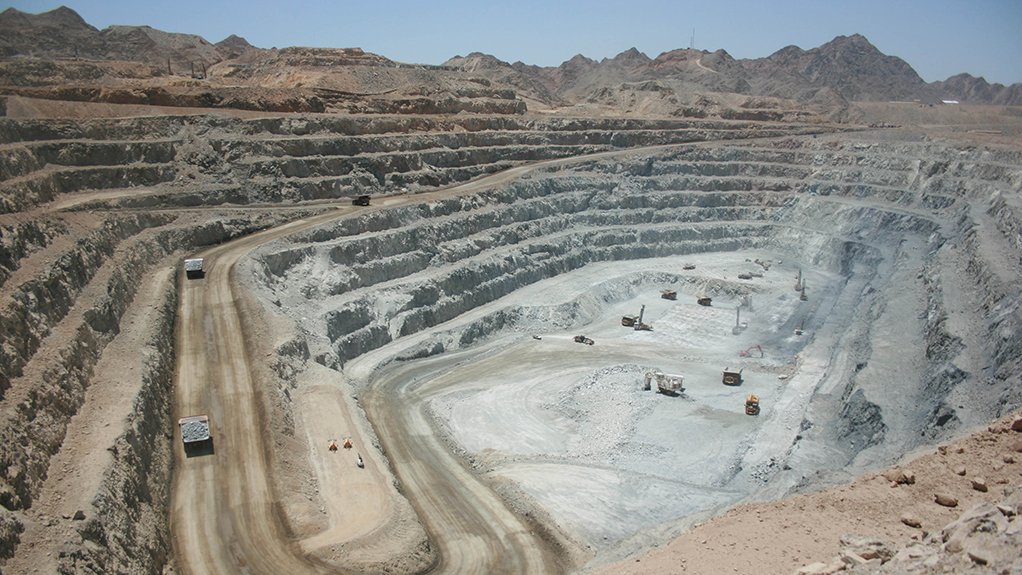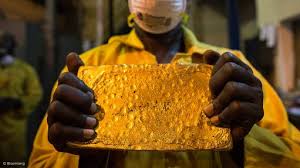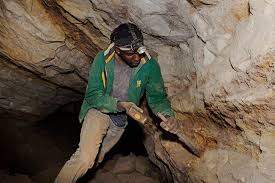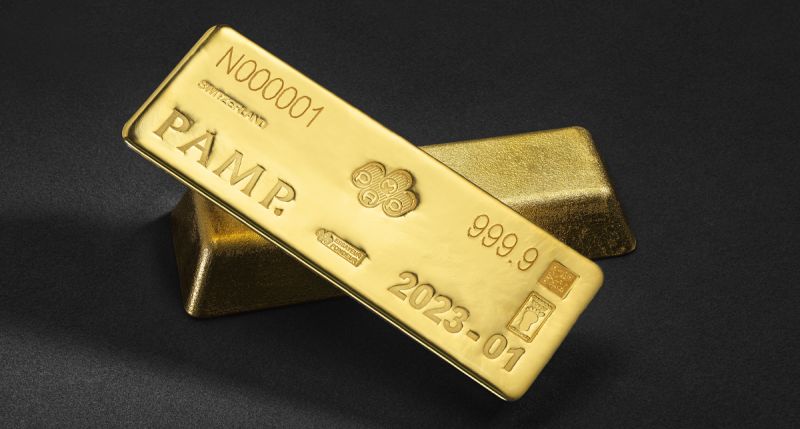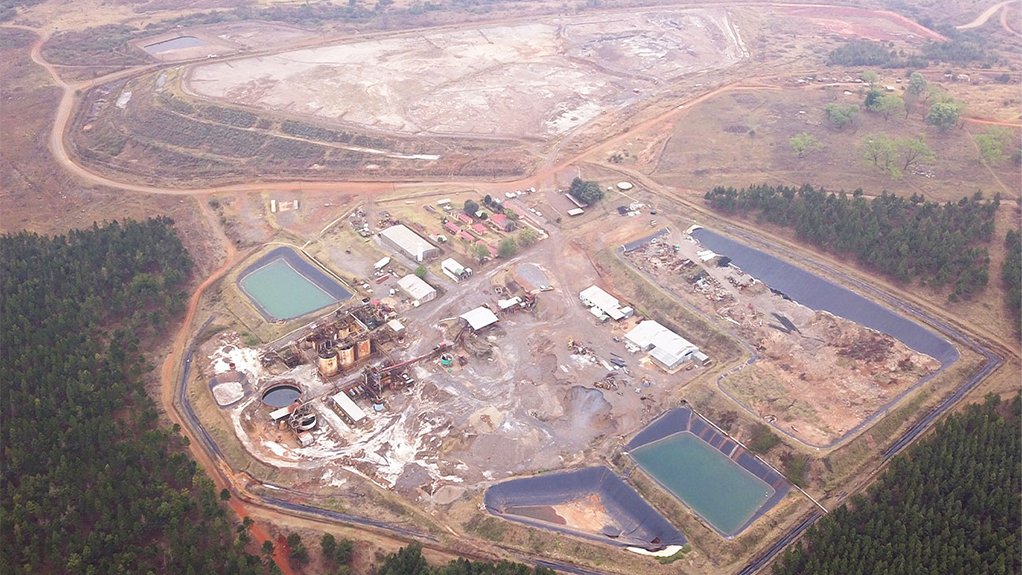Precious Metals

African countries are joining the sovereign gold-buying spree
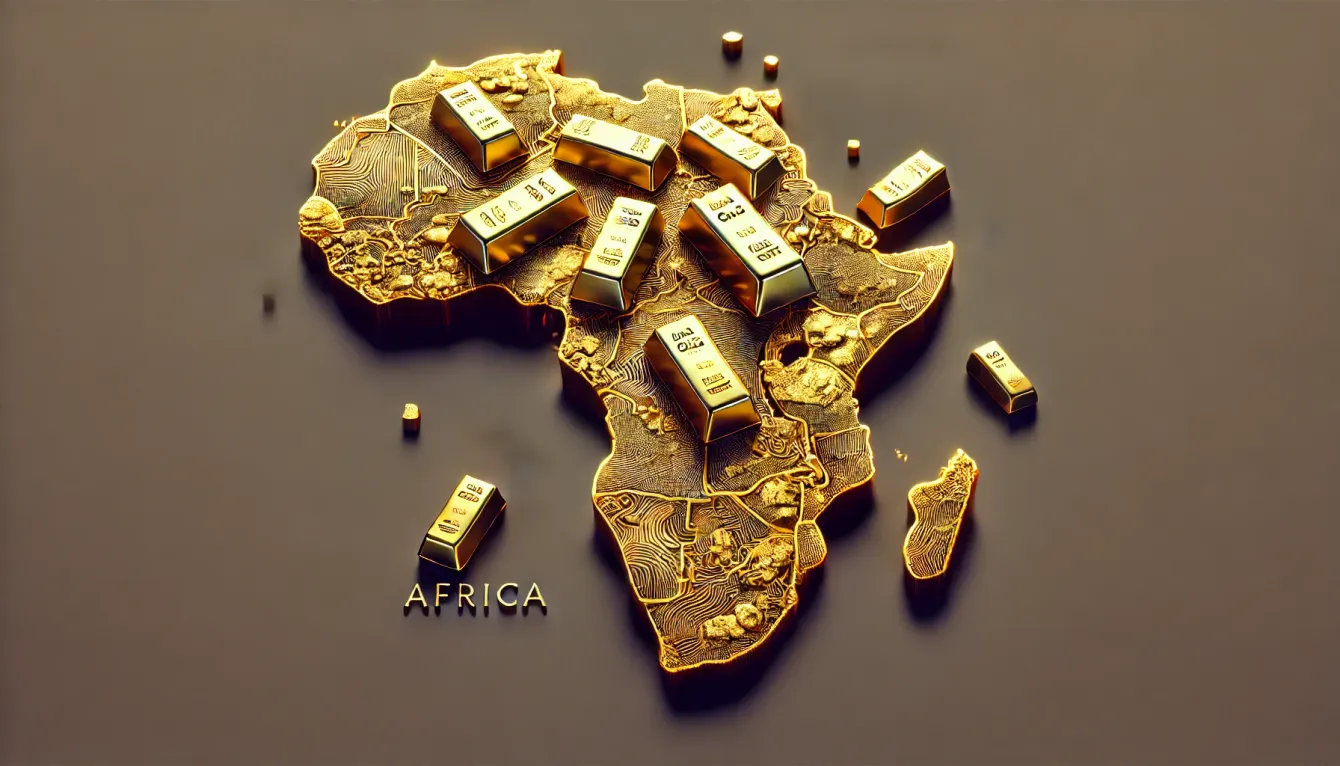
The central banks of a number of African countries are joining the growing number of emerging market and developing economy (EMDE) nations in building up their gold reserves to diversify their financial portfolios and protect themselves from economic and geopolitical instability.
According to a new report from VOA, Ghana and Uganda have been buying gold from artisanal miners to bolster their declining foreign currency reserves.
Ghana is Africa's largest gold producer, and while the vast majority of the country’s mining output is extracted and sold by multinational mining companies, it plans to pay for oil purchases from other countries with domestically sourced gold to ease the pressure on the local currency and rein in high fuel prices.
Last month, the head of Ghana’s mining sector regulator announced that they would commission the first large-scale greenfield mine in more than a decade in November, with an expected annual production of more than 350,000 ounces. The Cardinal Namdini mine is owned by Cardinal Resources, a unit of Shandong Gold which received a license for the facility in 2020.
Carlos Lopes, a professor at the Nelson Mandela School of Public Governance in South Africa, told VOA that African central banks’ gold purchases are being driven by the need to protect their local currencies.
“In the last few years, because of inflation and all these movements for stimulation packages and the rest, the returns are extremely low,” Lopes said. “On the other hand, gold is going up in terms of price because these big banks are also going after gold as a protection. So, it is a very good investment to go to gold.”
Indeed, gold prices have seen sizeable gains in recent years. An ounce of the yellow metal was just above $1,500 in early 2020, but five years and multiple all-time highs later, spot gold is trading above $2,500 per ounce for a gain of $1,000, or 69%.
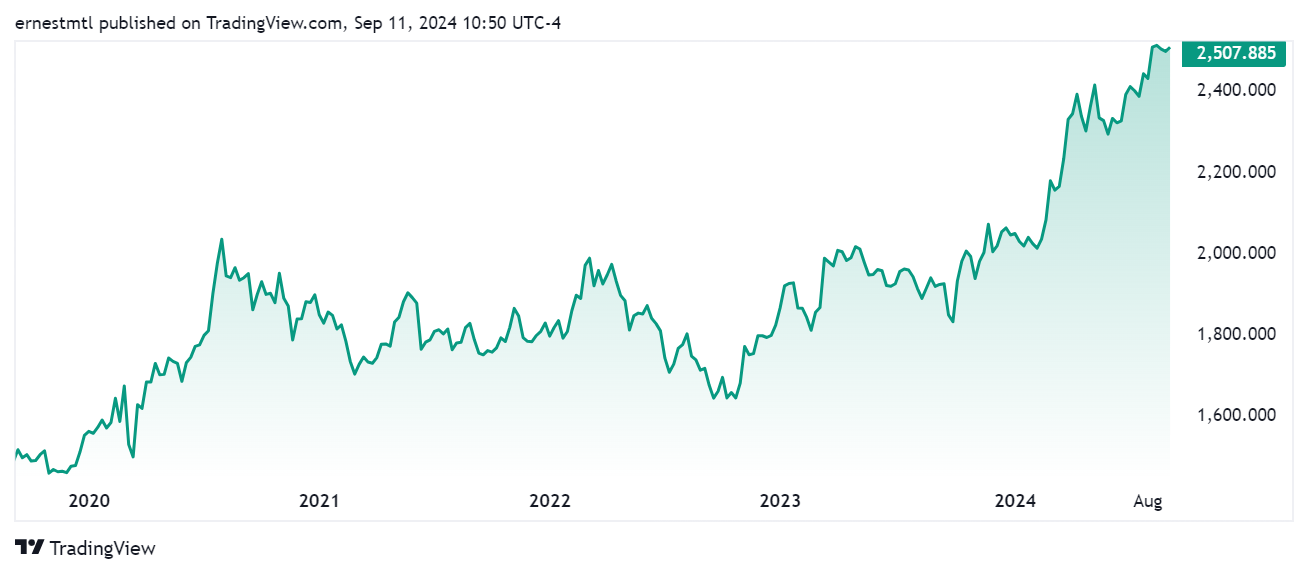
African gold production has also been ramping up. According to the World Gold Council, the continent’s gold output has increased by 60% since 2010, more than double the global average of 26%.
But relatively little of this increased production has made it into the coffers of Africa’s central banks, especially in the sub-Saharan region. While the South African Reserve Bank (SARB) holds 125.44 tons of gold bullion worth $9.4 billion, representing a healthy 15.13% of its total foreign currency reserves, and the central bank of Mauritius has 12.42 tons worth $930.5 million, or 11.36% of total reserves, they are very much the exception rather than the rule: No other sub-Saharan nation holds even 1%, according to the latest WGC data.
Even the more developed and economically integrated nations of North Africa count only two countries with significant gold reserves: Egypt’s central bank has 126.57 tons of gold worth $9.5 billion, or 21.43% of total reserves, and Tunisia’s holds 6.84 tons valued at $513 million, or 6.14%. Morocco, Libya, and Algeria have none.
Bright Oppong Afum, a senior lecturer at the University of Mines and Technology in Ghana, said African countries are looking to gold to reduce their reliance on the global financial system.
"If sanctions are laid on you, an African country, we know the devastating effects that it will have,” he said. “The African countries are developing, or they are young, and they do not want to receive some harsh sanctions that will negatively or strongly impact the economics. And because of that, they are strategically reducing their dependencies on these external countries."
Afum said that although some Africans recognize the long-term value of holding gold, many are forced to trade away the metal to satisfy their daily needs. “So, they just find a mere buyer who will ... exploit them,” he said.
The World Gold Council states that countries should maintain gold reserves for their long-term value, performance during crises, and the precious metal’s role as a proven and effective portfolio diversifier.




